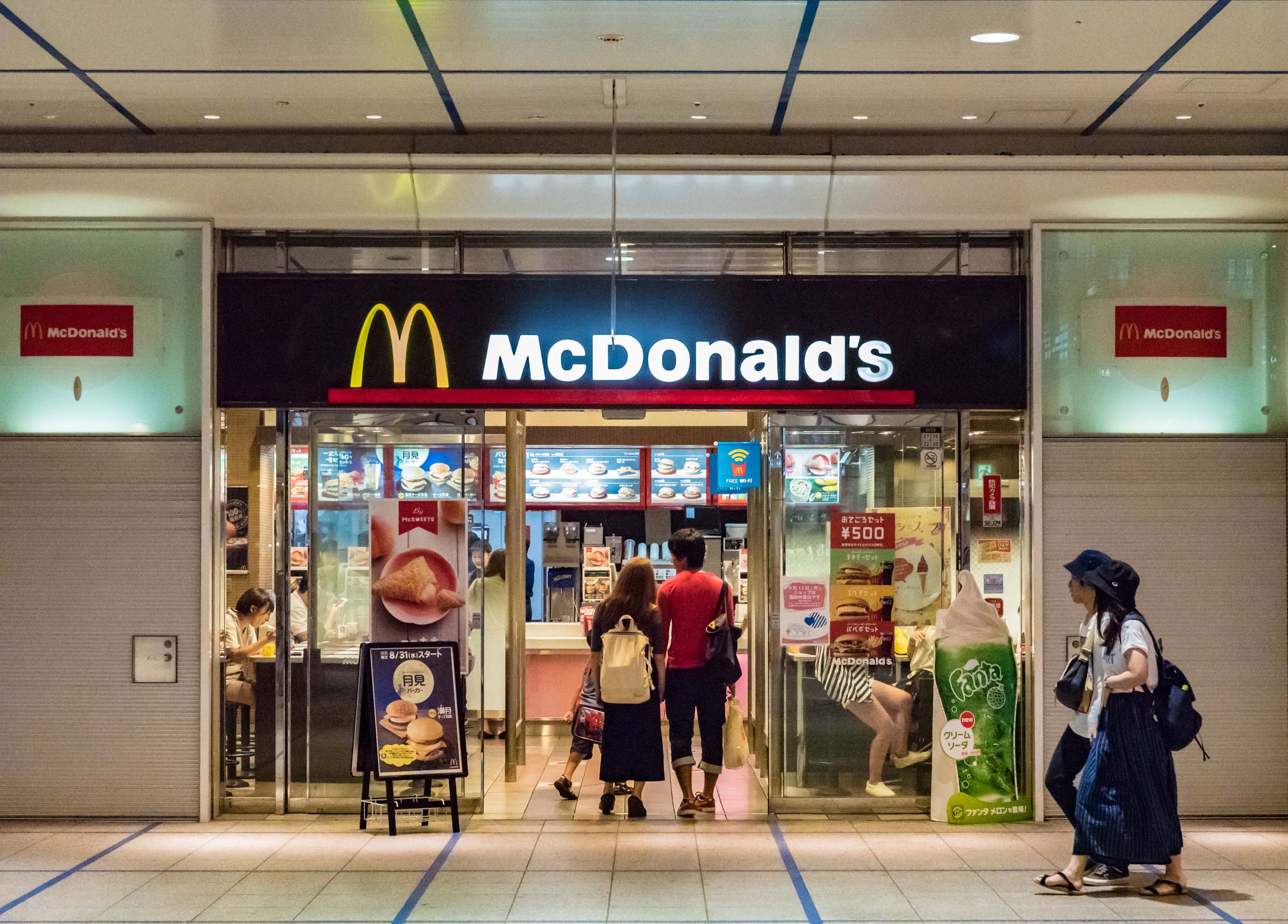
The 2017 Forbes Global 2000 survey reflects what has been a challenging year for the foodservice sector. 2016 was tough for operators faced with political uncertainty, competitive pricing at grocery stores – meaning consumers would be more likely to cook at home – and wage inflation. In a sector where many operators already struggle, the survey found that some of the larger more established names are slipping down the rankings.
McDonald’s remains the top-ranked restaurant company on the list in 215th place overall, down from 189 in 2016. But the fast food giant has faced increasing competition from more recent arrivals in the market segment, such as Shake Shack and Chipotle. According to the list, its all-day breakfast has been a winner for McDonald’s and some analysts believe the chain has started to improve its standing.
Starbucks, coming in at 370 in the overall list, is in second place in the restaurant sector. The restaurant sector accounted for nine companies on the Global 2000; bringing in $121.8bn in sales in the twelve months ending on 7 April and they represent $298.3bn in market value.
Survival of the fittest
While the foodservice sector as a whole has experienced a challenging time in the last few years, US-based consultant Bill Main FCSI believes the traditional big players will continue to struggle. “Established, institutional brands with 100+ units are going to be under increasing pressure to maintain market share, and they will not be successful over the next three+ years. The reason is simple: overbuilding; too many seats chasing existing discretionary income levels; blindness to the changing employee workforce profile, and most of all, the changing Millennial demographic and psychographic of guest demand,” he says.
“The established companies have no choice except simplify and reduce their menus. The most successful fast food/quick service brand in the history of mankind is In & Out Burger. Compare their menu to McDonald’s,” says Main.
So, are things likely to improve for these larger established brands? Not according to Main. “I think natural selection is on display here. This is vintage Charles Darwin. McDonald’s will make it because they are in the real estate business, not the hamburger business. But everyone else is a stock I would short over the next two+ years,” he says.
Brand evolution
The more recent arrival brands on the list are, according to William H. Bender FCSI, founder and principal at W.H. Bender & Associates, “more nimble and most are organic in their local community before becoming an emerging brand,” he says.
“The brand and company culture attracts high-level performers that are involved and energized by ‘founders’ and ‘co-founders’. They work next to these leaders and feel close to decisions being made and participating in the brands evolution. Communication, intimacy with management and self worth are elevated because of the dynamic environment.”
For Bender, success of these newer brands really comes down to “how well the guest experience and ServPoints (sequence of service) are executed by the team. That is the last item on a guests mind – how was the last visit to (any brand) and the decision to return or not (loyalty). There is just too much competition in the marketplace for any brand to grow sales or even survive if they do not perform at a high level and execute all ServPoints,” he says.
Tina Nielsen
